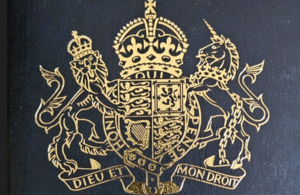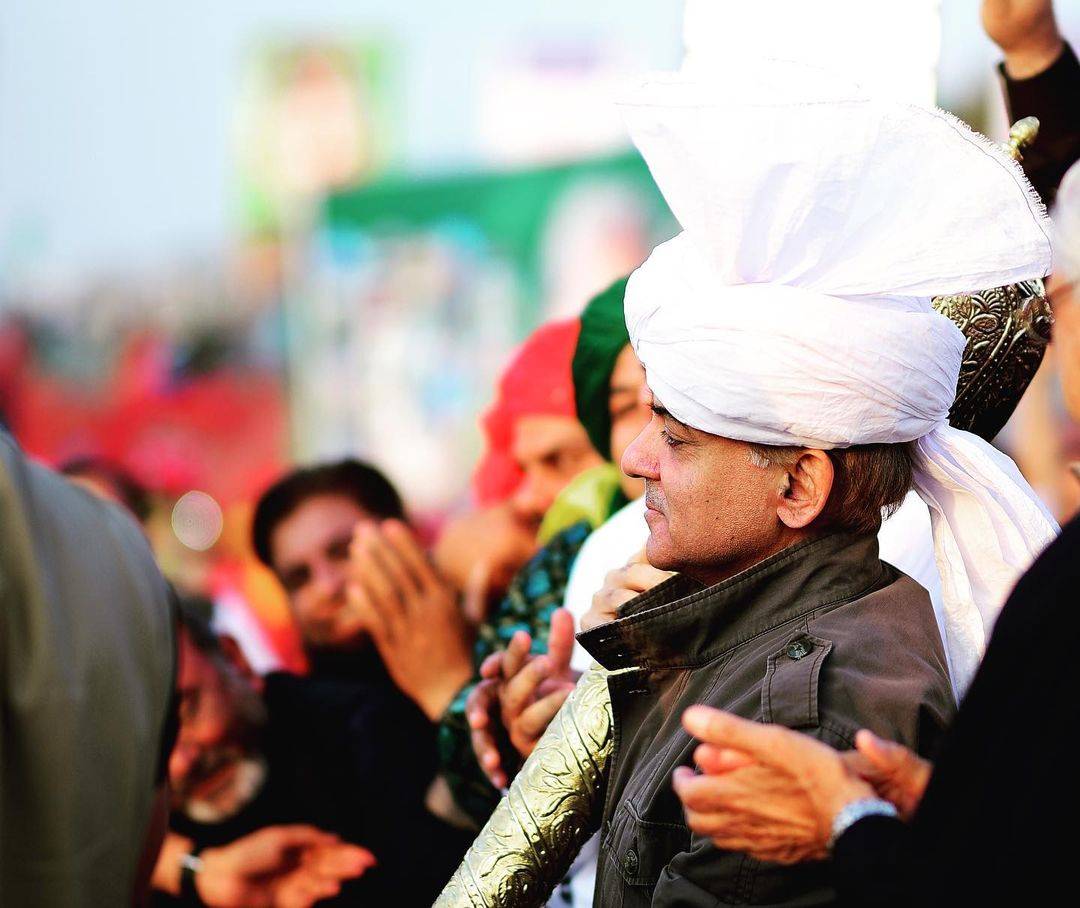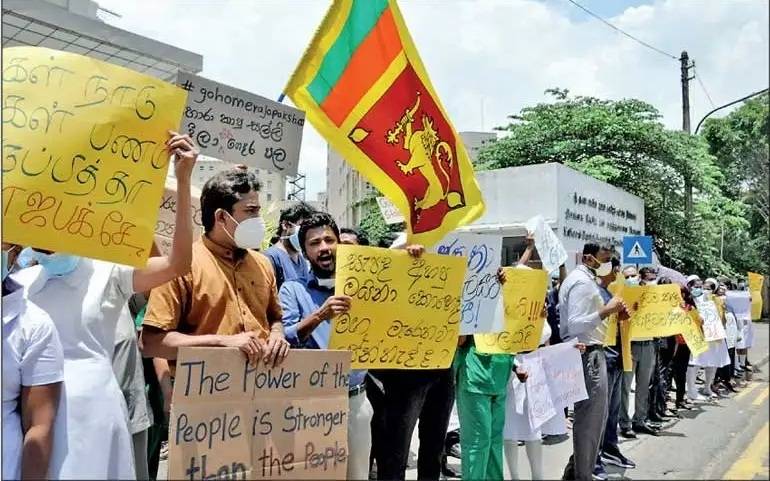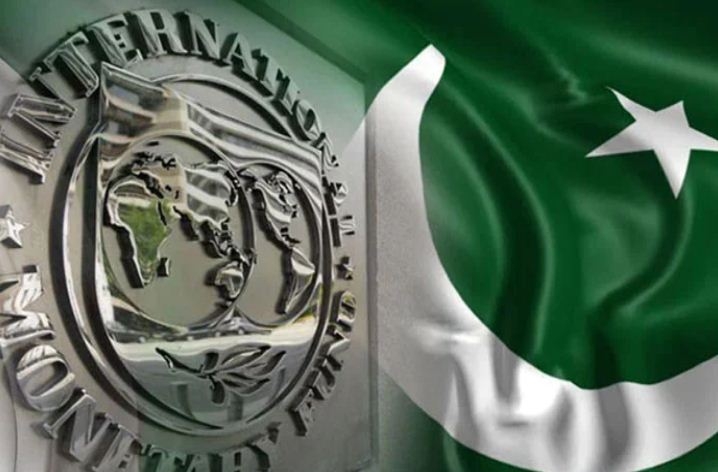The month-on-month rise was the highest for the time of year since the ONS records began in 1988…reports Asian Lite News
Consumer prices in the United Kingdom rose at the fastest pace in three decades in March, official data showed Wednesday, piling pressure on the embattled Prime Minister Boris Johnson and his finance minister, Rishi Sunak, to ease the cost-of-living squeeze.
Fueled by soaring prices for household energy and motor fuels, the U.K. inflation accelerated to 7% in the 12 months through March, the highest annual rate since March 1992, the Office for National Statistics (ONS) reported.
The reading was up from 6.2% in February and came in more than expected by most economists.
The month-on-month rise was the highest for the time of year since the ONS records began in 1988.
Households are facing the biggest cost-of-living squeeze since the mid-1950s, according to Britain’s budget forecasters, as rocketing energy costs, rising food prices and tax increases overshadow rising wages.
And the inflation overshoot is further bad news for the government too.
Disposable household incomes, adjusted for inflation, are expected to drop by 2.2% this year, according to the government’s independent budget adviser.
Broad-based price rises, ranging from vehicle fuel to food and furniture, were behind the increase.
Household natural gas prices jumped 28.3% over the last year, and electricity prices rose 19.2% as the global economy recovered from the COVID-19 pandemic, increasing the worldwide demand for energy.
Prices will continue to rise after Britain’s energy regulator authorized a 54% increase in gas and electricity bills for millions of households that took effect in April.
Transportation costs are also rising, with the cost of gasoline and diesel fuel shooting up by an average of 30.7% over the past year, the biggest increase since current records began in January 1989, the ONS said.
British inflation has seen an unprecedented rise over the past year, following a similar pattern to most other advanced economies as countries reopened from COVID-19 lockdowns, energy prices surged and pandemic supply-chain difficulties persisted. Adding to the pressure is the fallout from the war in Ukraine.
Russia’s invasion of Ukraine on Feb. 24 has pushed energy prices even higher, and last month Britain’s Office for Budget Responsibility forecast inflation would peak at a 40-year high of 8.7% in the final quarter of 2022.
“We’re seeing rising costs caused by global pressures in our supply chains and energy markets, which could be exacerbated further by Russian aggression in Ukraine,” Sunak said.
“I know this is a worrying time for many families,” added the embattled chancellor of the exchequer.














